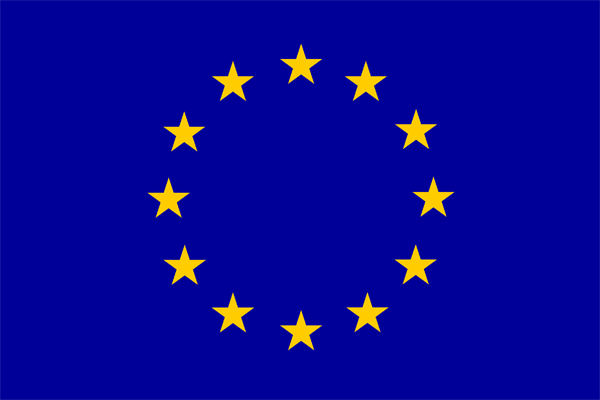On 14 December 2023, the European Council decided to open accession negotiations with Ukraine and Moldova and granted candidate status to Georgia, provided that relevant reforms are continued in those countries. This was a major decision for the EU “re-opening” the enlargement path, which has been stalling for the last decade, but also a serious geopolitical move potentially defining the future of the EU. In his tweet, Ukrainian President Volodymyr Zelenskyy rejoiced at the decision of the European Council, defining it as “a victory for Ukraine. A victory for all of Europe. A victory that motivates, inspires, and strengthens”. Along with six other Western Balkan countries (Albania, Bosnia and Herzegovina, Montenegro, North Macedonia, Serbia and potentially Kosovo), they are considered to make the next EU accession countries to be accepted once conditions are met. While enlargement negotiations are likely to take time, the EU is unlikely to be replenished with new members until at least 2030; a colossal amount of preparation must be made in the candidate countries, the EU, and its current Member States. Candidate countries need to implement political, economic, legal, and social reforms as a merit-based approach can guarantee better preparedness for the accession and more unity after the enlargement. Still, it is equally important that the EU and current Member States are ready to accept new members and adjust EU policies, budget, and institutions if needed. The above mentioned December European Council has also decided to address the EU’s internal reforms and to adopt conclusions on a roadmap for future work by summer 2024. Thus, sincere and comprehensive discussions on the potential challenges and consequences of these reforms should be carried out at the Governmental level as well as the communication strategies should be directed to both the societies of the candidate countries and current Member States.









